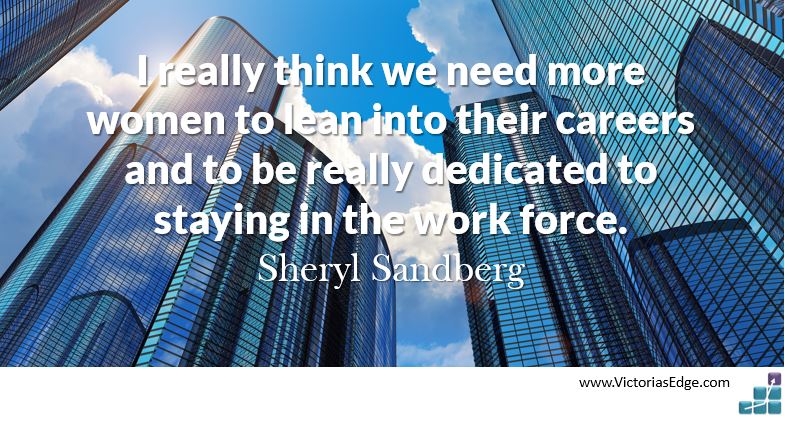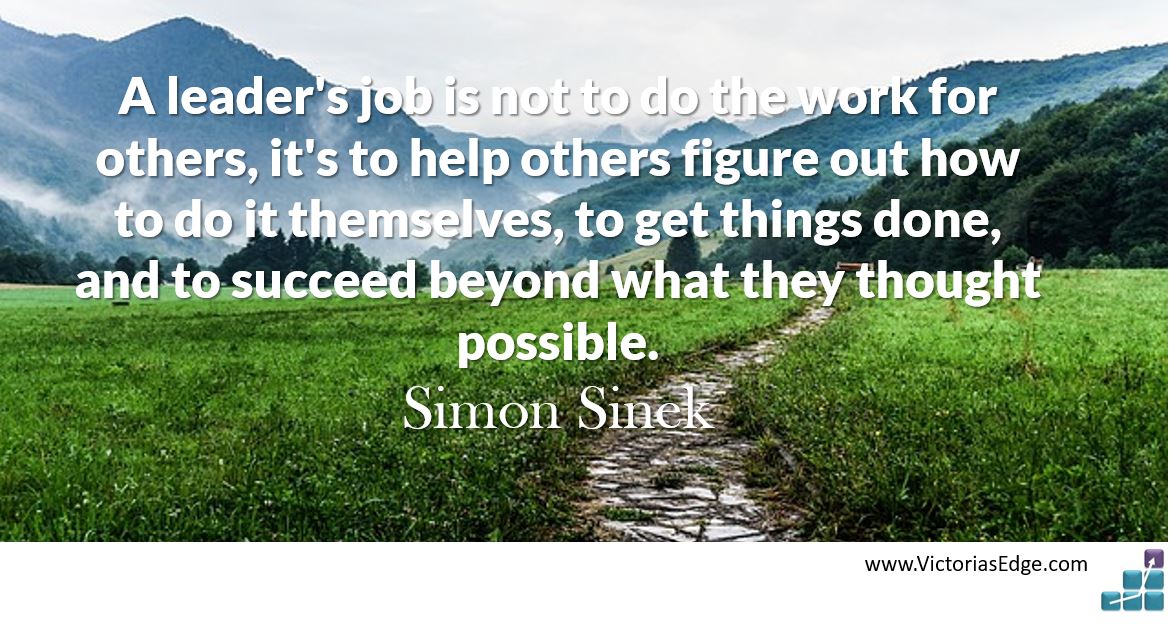
Reputations are built from repeated behaviors, actions or characteristics, and can sometimes leave room for interpretation, speculation or extrapolation. For example,
- “Erin is so quiet. She never speaks up in meetings, it’s like she isn’t sure of herself, or what we’re talking about;”
- “Maya? Isn’t she the X-Product girl? I have only seen her working on X-Product projects;”
- “You can always count on Melissa to break the tensions, she is always the cut up in the office!”
Do you see how people can assume context around behaviors, actions and characteristics? Can you see how simply being quiet can brand you as unsure, or how building a reputation in one specific area can pigeon-hole you as only having a limited skillset? Or even how having an outgoing personality, might be perceived as “class clown?”
No one wants to be a Judger, but the fact is, people judge and first impressions last, until they are proven wrong. You might not have been able to prevent the reputation that you have now, but you can change it. If you don’t know what your reputation is in the eyes of the leadership team, you might do some reconnaissance. Ask your manager or boss if she had an impression of you before you came to work with her. Ask her if she knows how others perceive you. Ask a friend in another department to ask others what they know of you. This will arm you with what needs to be changed.
You can, of course, start making changes without this research, however, if you spend time fixing your “Confidence” reputation, you may not realize that your reputation of “lack of knowledge” or “poor team player” is what is keeping you down. There are so many subtle things that you may not realize you have set in motion and the impact they have on what people think, such as
- Challenging or questioning your boss in a meeting – “know it all”
- Hitting “copy all” on a snarky email which was meant to embarrass or prove a point to the recipient – “poor team player” or just “unprofessional”
- Being overly eager to please in a meeting – offering comments and solutions, when you are new or junior – “kiss up” or “arrogant” or “self -important”
- Over- or under-communicating with project leaders
- Too much communication – “Needy and unsure”
- Too little communication – “maverick and over-confident – risking going off track in the eyes of the project owner”
So do the research so you focus on what is the biggest thing holding you back.
For me? I had the reputation identified above as Maya, the “X-Product Girl.” When it came time to be considered for promotion, the Sr. VP, questioning my boss’s recommendation to move me up, said “Vicki? Isn’t she just the INAV girl? Why would she be an option for managing this team?” My INAV projects were years behind me, and I had grown in experience, exposure and skill. However, I had not promoted or socialized my new depth of expertise, and skills and therefore INAV was her only knowledge of my abilities, and no amount of justification from my boss would sway her opinion of me. I didn’t realize how that reputation clung to and pigeon-holed me.
There is hope! I was able to climb out of that hole, and so can you. Here are some ways to rebrand yourself and get the word out about the new and improved YOU!
Uncover Your Reputation
As mentioned above, do your research. You must know the problem before you can go about solving it. Knowing is power.
Take Action
What steps can you take to begin to shift the perception others have of you? If you are seen as shy, can you be brave and speak up and step up? If you are seen more as aggressive, can you try asking questions, or supporting other’s ideas and holding the space for others to contribute? Maybe you are seen to have only a limited skill set, how can you make your skills and experience stand out? Make sure your actions are small shifts at first. You don’t want to overreact and make an opposite but worse mistake.
Don’t Announce Your Intentions of Rebranding
Let the new reputation seed itself. As you work to establish your new reputation, watch what others are saying. You should look for comments like, “I see you are getting more comfortable in your role here.” Or, “I like what you said in the meeting today, it really made an impact.” You don’t want to hear, “Why are you being so SERIOUS, lately, you always have a joke!” That might mean you have shifted too severely.
Let Your Actions Speak Louder Than Your Words
Make sure the word is actually getting out. You don’t want to take out ads, but people may notice and ask about the changes, like why you’re no longer as funny or as loud or as insular. In that case, you can agree, but take a moment to say why you’re changing your signature attribute. Keep it short and simple, maybe, “I’m glad people think I’m funny, but I want to show that I have a serious side and can be considered for different types of projects” or “I realized that the amount I spoke was sometimes mistaken for a disinterest in what others had to say or arrogance. I’ve learned some new techniques that have developed my listening skills, and they’re helping me work more collaboratively.”
When given the opportunity, subtly connect the dots between your new skills and the multi-dimensional reputation you are creating! Remember – you have new traits, skills and abilities that no one knows about, and they NEED to know – Don’t be the “INAV Girl”!
Are you making other mistakes that are keeping you from getting promoted? Check this free e-book, 5 Mistakes Professional Women Make That Are Killing Their Chances for Promotion.








